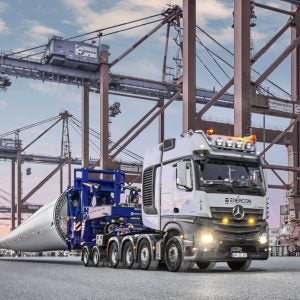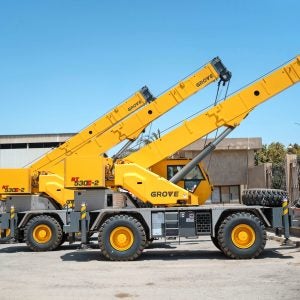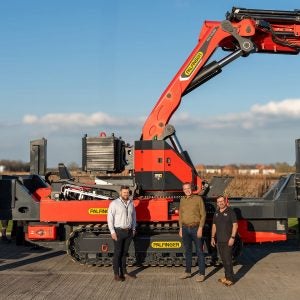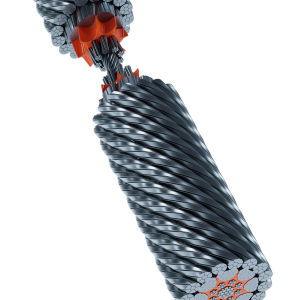I have heard a similar idea in the UK, where there are now licences for most types of crane operators. Take away their licences if they cause an accident, some people have said.
Colin Wood, director of the Construction Plant-Hire Association, argues that crane operators need to be more accountable for their actions than at present (see p. 15 for more).
I agree with that, but I think that a central register is unfair, unworkable and unnecessary. Although perhaps motivated by the best intentions, these schemes could probably only be run by the government. Whoever decides to take away someone’s card, or put in a bad report, has the power to ruin their career. Any negative report in the records, no matter how minor, would be interpreted in the worst possible light. A single mistake could cost a driver his livelihood. What rights would the drivers have to be able to clear their name?
The system would need to be run by a body that is independent of the industry and its politics; otherwise, how could we be sure that it would not abuse its power? Who would determine whether an accident was the fault of the driver? How would we know that they were competent to judge? I believe that most of this effort is no replacement for the proper vetting of crane operators at the hiring stage anyway. It is commonplace to ask for references of job applicants, and to follow them up. It is also common to have a probationary period with diminished responsibility and extra supervision to make sure that the new employees can be trusted.
But the main reason that a formal scheme is unnecessary is because I believe that there already exists a far more discreet informal one. There are a lot of large crane rental companies in the world now, who must see a fair proportion of the operators out there. Also, this is a sociable industry where people from competing companies meet up and chat at industry events. I wonder how many companies do not call on the old boy network to check out potential new employees.






